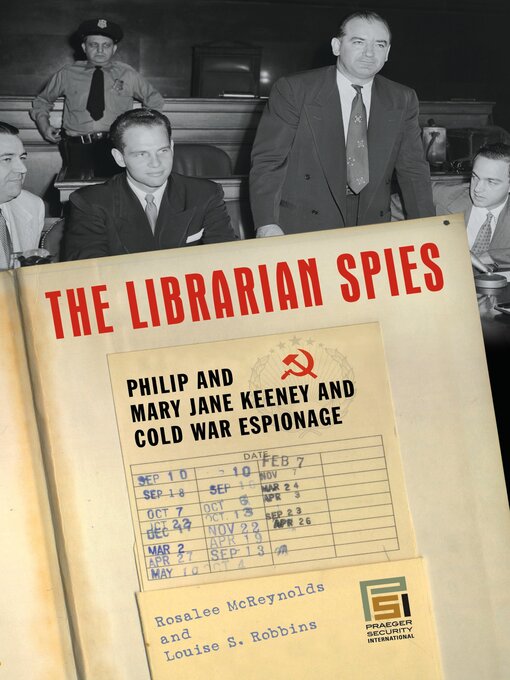- 2024 Carnegie Medal Award Nominees
- 2024 Hugo and Nebula Award Nominees
- NPR's Books We Love 2023
- Time Must-Read Books of 2023
- New York Times Notable Books of 2023
- Gentle Reads
- Reese's Book Club Picks
- Oprah's Book Club
- Try something different
- Available now
- New eBook additions
- New kids additions
- New teen additions
- See all
- 2024 Audie Award Nominees
- Gentle Reads - Audiobooks
- Read by the Author
- Learn a New Language
- Try something different
- Available now
- New audiobook additions
- New kids additions
- New teen additions
- Most popular
- See all
- Favorite Magazines
- Just Added
- Food & Cooking
- Cars & Motorcycle
- Revistas
- Crafting
- News & Politics
- See all

